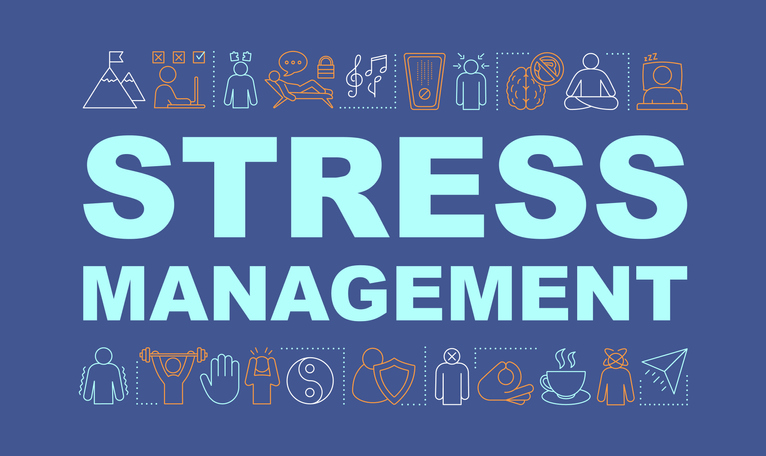Wellness
Stress Management
Stress can increase the perception of pain, and pain can increase levels of stress. It is often a vicious cycle. The muscles tense when faced with a stressor, which can cause and/or increase neck, shoulder, and back pain. Muscle tension can also cause tension headaches and migraines. Furthermore, when stress is experienced, the immune system activates an inflammatory response, which increases pain.
Recognizing stress and identifying stressors are the first steps of stress management. Recognizing stress involves paying attention to physical and emotional symptoms of stress, such as irritability, headaches, increased heart rate, and upset stomach. Identifying stressors involves pinpointing the situations or events that cause symptoms and implementing coping strategies.
A few strategies and techniques that can help ease stress include the following:
- Maintain a healthy lifestyle. Prioritize healthy eating and engage in some form of physical activity.
- Practice relaxation techniques. Relaxation techniques are an important part of stress management and overall health. Using relaxation techniques can elicit the relaxation response, which slows heart and respiration rate, lowers blood pressure, and relaxes muscles. Practicing relaxation techniques can also decrease stress hormones, reduce chronic pain, and improve sleep quality. Examples include deep breathing exercises, progressive muscle relaxation, mindfulness meditation, body scan meditation, and yoga.
- Seek help when needed. Mental health professionals can assist with stress management.



















